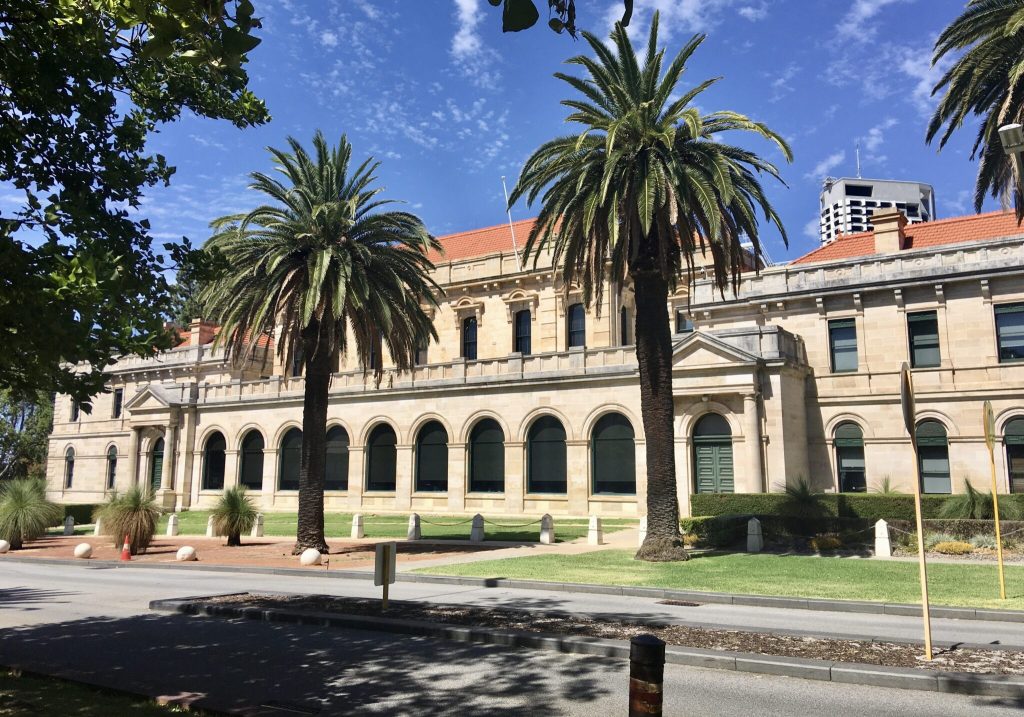| The cost of non-discretionary items like food, transport, housing and utilities have driven inflation to record highs not seen since 1990, leaving more Western Australians in financial hardship as the cost-of-living crisis intensifies.
Inflation in Perth has hit 8.3%, a rise of 3.6 per cent in the last quarter and the highest in the nation, largely due to the WA Government’s $400 electricity credit having worn off, pushing costs for households higher.
WACOSS CEO Louise Giolitto said it was imperative that both state and federal governments intervened to ensure that people doing it toughest were able to afford the essentials and live free from poverty.
“Basic living costs have increased in every single category – food, transport, housing and utility bills – while incomes have seen little growth or, in the case of those on income support, a significant decline,” Ms Giolitto said.
“The latest data from Foodbank WA shows demand for food increased in the December Quarter by 20% and, looking back over the last two years, is more than 40% higher than demand in 2021 and 116% higher than demand in 2020.
“What we also know anecdotally from the community sector is that more people with full-time jobs are asking for emergency support and relief just to get by; people who have never had to ask for this kind of support before.
“Raising the rate of JobSeeker, and other federal income support payments like rent assistance, is essential to ensure that those who are unemployed are able to cover the costs of meeting a basic standard of living in line with community expectations.
“While we acknowledge the state government has made a significant investment in social and affordable housing, it is impossible to build the number of houses WA needs overnight. A re-introducion of the rent relief subsidy scheme in the interim would help reduce housing stress for low-income households.
“Replacing the Energy Assistance Payment with a percentage-based primary energy concession and expanding water and transport concessions to include all Health Care Card holders would mean more people who are doing it tough can get extra support for basic living costs like utilities and transport.
“WACOSS’s 2022 Cost of Living Report found that more state and federal government support is urgently needed to curb rising financial hardship. Given the latest inflation data we’ve seen today there is no excuse now for them not to step in.” |
